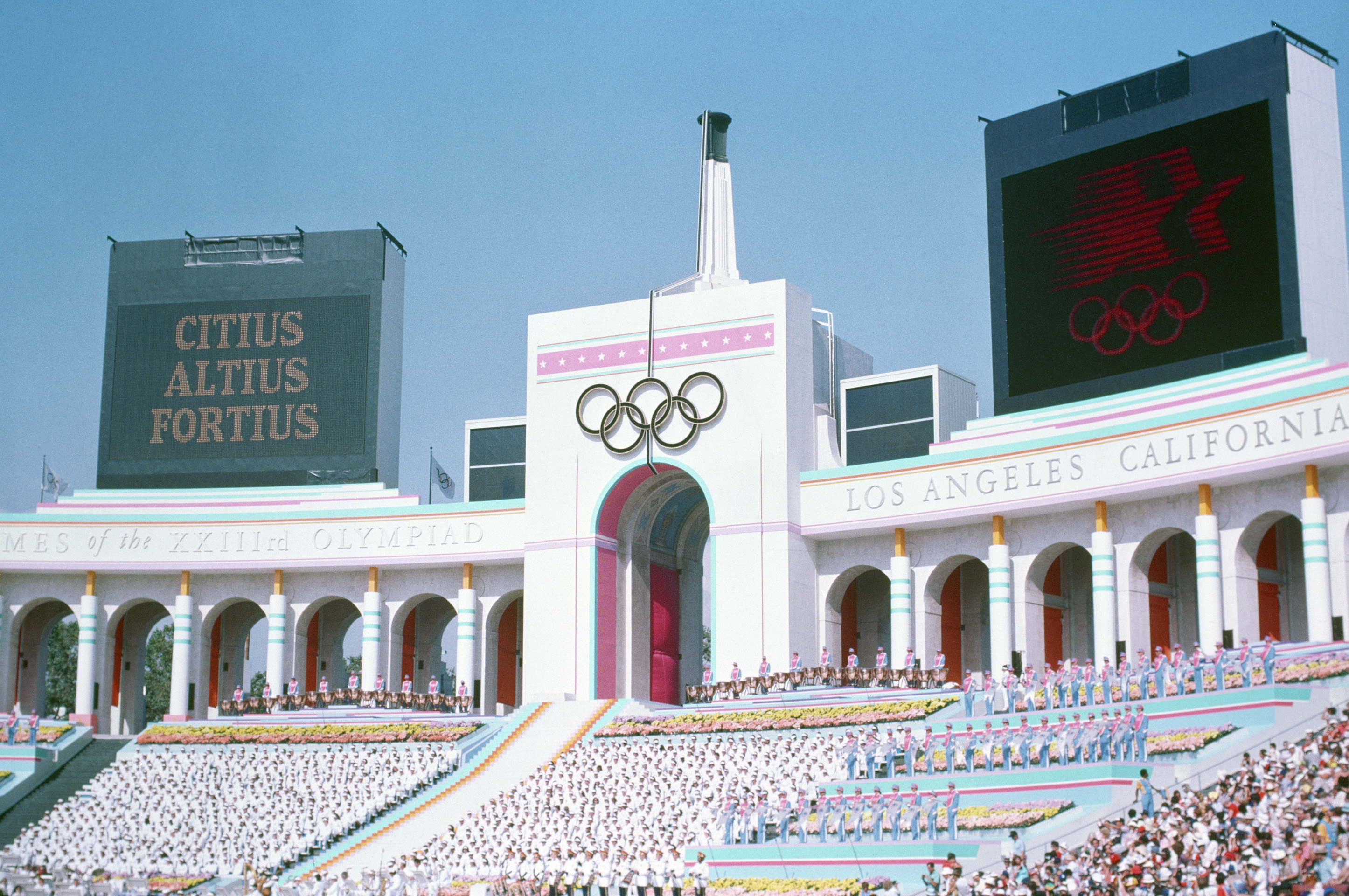By Dan Walters.
The business, civic and political elites of Los Angeles are understandably stoked that their city was chosen last week to host the 2028 Olympic Games.
They see nothing but upside from having hundreds of thousands of visitors from around the world come to Los Angeles and spend money on hotels, meals and personal services, and from basking in global media attention.
Earlier this year, when Los Angeles was vying with Paris for the 2024 games, local leaders were touting a study they commissioned projecting that the Olympics would generate $11 billion in new economic activity for Southern California.
That was before the International Olympic Committee (IOC) decided to award two cycles of games to quiet the competition and Los Angeles agreed to take the 2028 version, ceding 2024 to Paris.
In return, Los Angeles received financial concessions from the IOC, including some up-front money and a better division of proceeds.
“I can look people in the eye and say this is a much stronger deal financially,” Los Angeles Mayor Eric Garcetti said as the 2028 deal was announced.
So it seems, but that doesn’t alter the fact that Los Angeles – and perhaps all California taxpayers – are running a substantial financial risk.
The private Los Angeles Olympic committee had a $5.3 billion budget for 2024, and it will certainly grow with the four-year delay. Its governing theory has been that by using many existing facilities, including the Los Angeles Coliseum, Los Angeles can avoid the enormous construction costs and financial losses that have plagued other Olympics.
Television revenue, admissions, concessions, sponsorships and other income, it’s assumed, will completely cover costs and the 2028 games will turn a profit, as the 1984 event in Los Angeles did.
However, there are no guarantees, if for no other reason than no one knows what conditions the world, the state or the city will be experiencing when 2028 rolls around.
As a Los Angeles Times editorial cautioned, “It would be foolish for city leaders to assume that L.A. just can’t lose, as Garcetti and other Olympics boosters have asserted. Of course it can. There are no guarantees…for an event more than a decade away. And because the IOC refuses to share the risk of cost overruns, host cities are on the hook for any budget-busting developments.”
The city government itself must agree to cover the first $250 million of losses, if they occur, and the state government, via special legislation by Los Angeles Democrat and Senate President Pro Tem Kevin de León, has agreed to absorb the next $250 million. Anything beyond $500 million in losses would fall back on the city.
The Los Angeles City Council has just a month to review the revised budget for the 2028 games before the IOC finalizes its decision. The state’s cost-overrun guarantee was in legislation that referred to the 2024 games, so it, too, would have to be renewed when the Legislature returns from its summer recess this month.
The latter is an opportunity for legislators and Gov. Jerry Brown to pry open the largely opaque budget for the games and, as Legislative Analyst Mac Taylor advised earlier, “play a constructive role in making the games a success and keeping its financial risks low.”
Garcetti, Brown, de León and others who are making this commitment will be long gone from their current offices when the 2028 games occur and therefore somewhat immune to backlash if they fail. But that doesn’t mean they should just rubber-stamp a very large wager of taxpayers’ money without tough-minded scrutiny.





